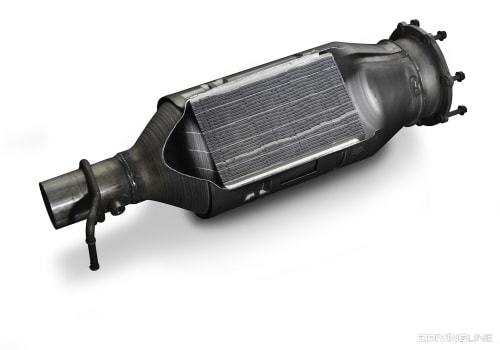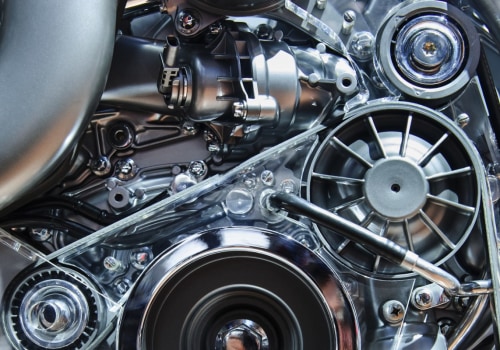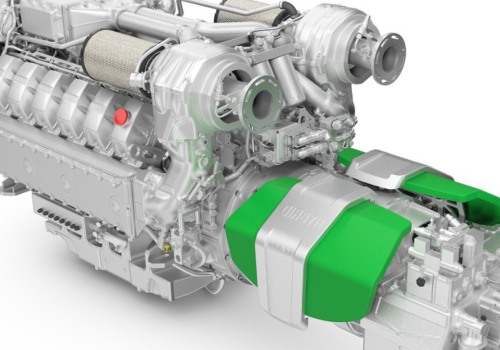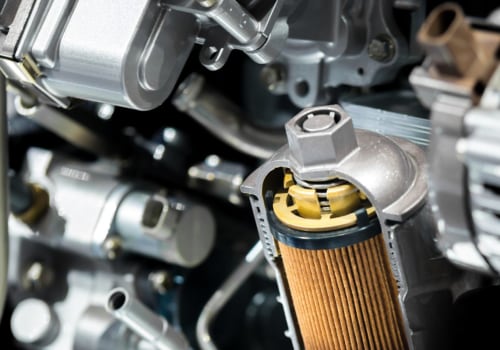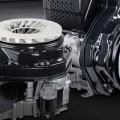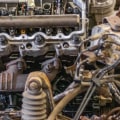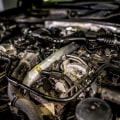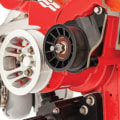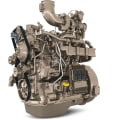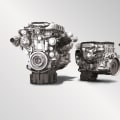Diesel engines are a type of internal combustion engine that rely on the compression of air or air and exhaust gas recirculation (EGR) to increase the temperature of the air inside the cylinder. This high temperature causes the atomized diesel fuel injected into the combustion chamber to ignite, creating torque. The air-fuel ratio is usually high, and the torque produced by a diesel engine is controlled by manipulating this ratio. The world's largest diesel engines are 14-cylinder, two-stroke marine diesel engines, capable of producing up to 100 MW of power each.
The materials used in diesel engine fuel systems vary, but common ferrous metals include steel and cast iron, while non-ferrous metals are typically aluminum and copper alloy. Non-metallic materials such as elastomers are also used. Diesel fuel is prone to waxing or gelling in cold climates, which is when it solidifies in a partially crystalline state. Medium-speed diesel engines run on diesel or heavy fuel oil by direct injection, while diesel engines for boats usually use fuel that meets ISO 8217 (Bunker C) standards.
Aviation has traditionally avoided diesel engines, but they are becoming increasingly available in the 21st century for aircraft use.

